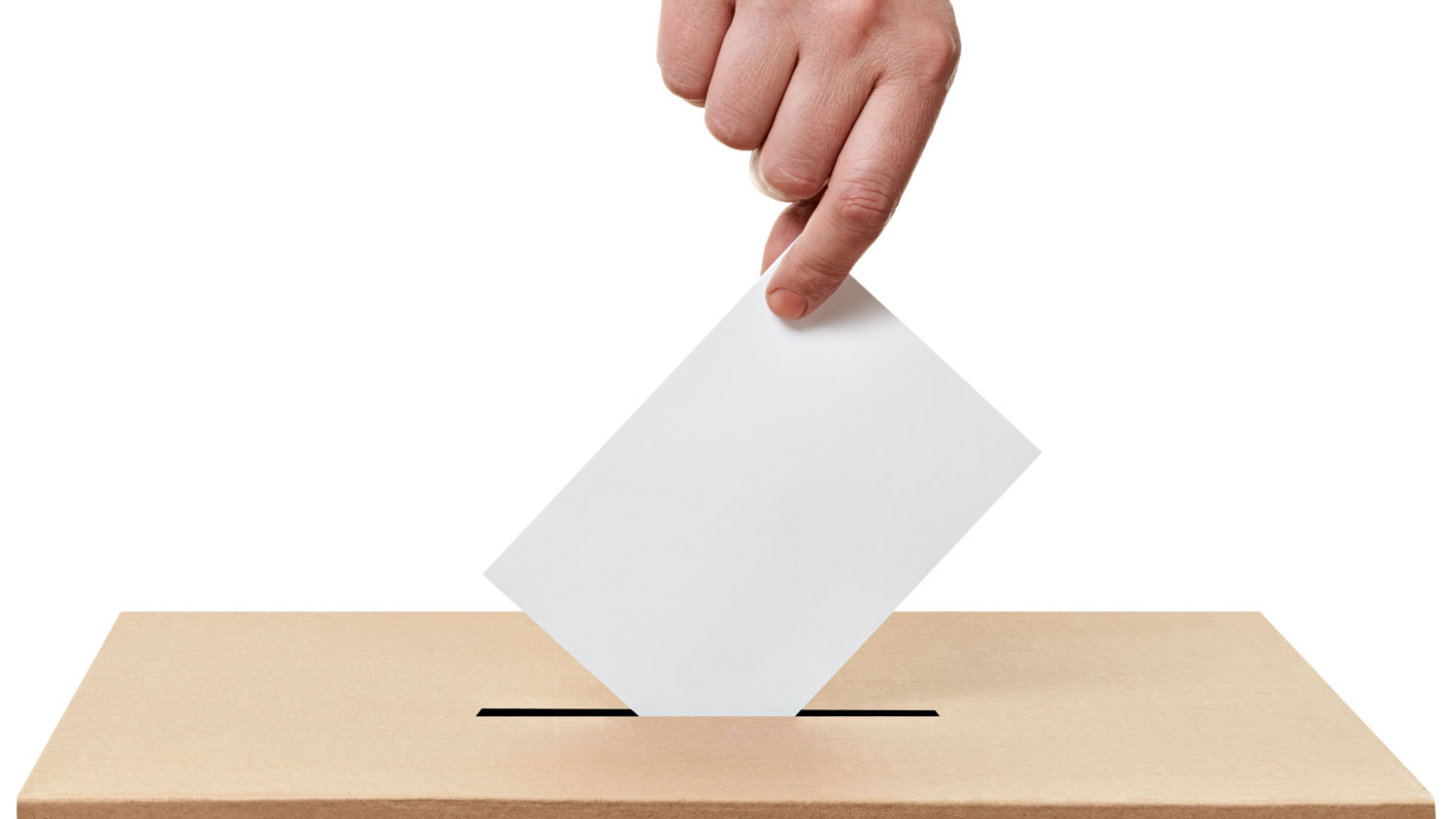
Do I need a mental health first aider at work?
Legislation for mental health first aid (MHFA) provision in the workplace is not yet in place, although a Bill requiring employers to offer mental health first aid training is currently working its way through the House of Commons. While it is not currently a legal requirement, many businesses already offer mental health training to first aiders.
The Bill is designed to make mental health first aid part of first aid training requirements in workplaces as well as in wider society. Mental health first aid teaches how to help a person developing a mental health problem, becoming more unwell, or in a mental health crisis. If successful, employers and colleagues could play a part in spotting symptoms, signposting people to further help, or simply just listening.
Presenting the Bill, Conservative MP Dean Russell said:
“Mental health first aiders, I must be clear, are not expected to be counsellors or psychologists, but just like physical first aiders, who are not expected to be paramedics or surgeons, this Bill will simply mean workers have someone to signpost them to the support and help they need when they need it.”
The mental health first aider role involves:
- Recognising the early signs and symptoms of common workplace mental health illnesses.
- Developing the essential skills for supportive, non-judgemental conversation with those employees that need it.
- Acquiring the expertise and confidence to guide employees to appropriate professional support.
- Reducing the stigma of mental health by promoting awareness of the issue.
Without legislation, the decision as to what mental health first aid provision you need should be based on your individual business needs. The HSE says:
“You should consider ways to manage mental ill health in your workplace which are appropriate for your business, such as providing information or training for managers and employees, employing occupational health professionals, appointing mental health trained first aiders and implementing employee support programmes.”
Some considerations include:
- Size and nature of the organisation: Larger organisations with a higher number of employees might find it more beneficial to have mental health first aiders. Additionally, industries or workplaces with higher stress levels, such as healthcare, emergency services, or high-pressure corporate environments, might benefit from having mental health first aiders.
- Workplace culture: If your organisation values employee wellbeing and promotes a culture of open communication about mental health, having mental health first aiders can align well with these values.
- Mental health awareness: If there's a lack of awareness or understanding about mental health among employees, having mental health first aiders can help bridge this gap and reduce stigma.
- Risk assessment: Evaluate the potential risks and benefits of having mental health first aiders. Consider whether there have been previous incidents related to mental health in the workplace.
Meeting these requirements demonstrates that your organisation views mental health as equally important to physical health. For some organisations it may be worthwhile aiming to have as many mental health first aiders as physical first aiders.
Recruiting and training
Mental health charity Mental Health First Aid England (MHFA) has produced guidance that explains how to recruit, train and assess mental health first aiders in an organisation. It covers how to evaluate the support already in place, create a clear policy, and encourage senior-level buy-in.
How many mental health first aiders do you need?
For multisite organisations it is important that there is always a mental health first aider available to support employees at each location, both to support those on site as well as those who would prefer to remotely contact a mental health first aider outside of their own office. Many organisations begin by piloting a mental health first aider in one area of the business to establish what works for them before rolling it out more widely.
Who should be a mental health first aider?
Asking employees to apply for the MHFA England training will help you to recruit the people within your organisation who are best placed for the role. It is recommended that you train:
- A wide range of individuals – encourage applications to represent the diversity of your workforce, from different seniority levels, locations, genders, and ethnic backgrounds.
- People who want to learn more about mental health to support others, whether or not they have experienced poor mental health themselves. Make sure that all applicants (not just those who have disclosed personal experience) understand what the role will involve and have considered their own wellbeing to decide if now is the right time for them.
- People who spend most of their working hours on site at the workplace for which they are nominated and can be called away from their normal duties at short notice if needed. For organisations with hybrid or remote working, the mental health first aider should be easily contactable and communicate when they won’t be available to respond.
- People who can maintain confidentiality as appropriate and demonstrate an ability to relate well to others.
- People who can commit to the time required and who have the support from their line manager to fulfil the role once trained.
Alongside any training it’s important to review how your organisation can create and nurture an open and supportive culture around mental health.
Says the MHFA:
“If your people are struggling, your business will struggle too. Research from Deloitte puts the cost of poor mental health to UK employers at £56bn a year and yet the case for employer investment is stronger than ever. There was an average £5 return for every £1 spent on wellbeing support. Understanding where you are on the journey will inform your strategy or approach and how you communicate it to your organisation. If you are new to talking about mental health in the workplace, we recommend you gradually introduce the topic to the organisation, sensitively and raising awareness, before rolling out MHFA England courses.”
Read more from the MHFA here.
Mental health is one aspect of the IOSH Managing Occupational Health and Wellbeing course, brought to you by International Workplace. The course is suitable for managers and supervisors working in any sector and for any organisation, and is designed to provide them with the tools and techniques to improve health and wellbeing in the organisation.







